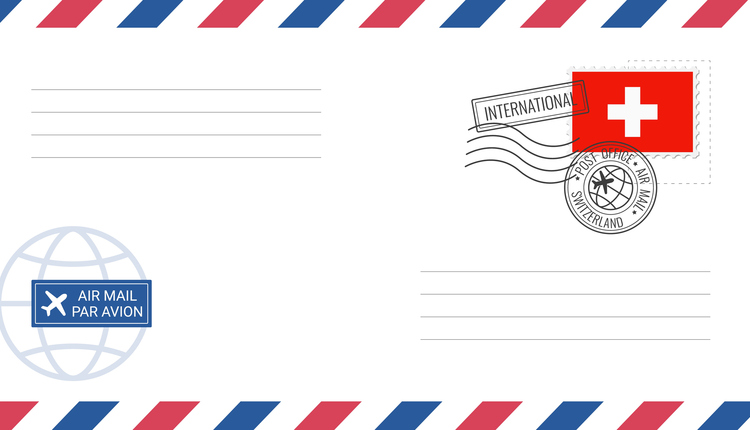As international mail documentation requirements have increased, international postal package volumes have declined. The USPS and the Global Postal Network — the designated postal operator of the UPU’s member countries and their suppliers — are depending on small packages from e-commerce to maintain mail volumes sufficient to continue an effective international mail network. The designated postal operators are those appointed by their respective countries to deliver mail nationally and send mail internationally in line with the UPU’s treaties and regulations.
These operators send international mail to the designated operators in other countries. Although many countries have a liberalized postal sector and more than one postal operator, the designated postal operators send mail only to the designated operator in another country. Designated operators in other countries send US-bound mail to the USPS, the US designated operator.
The number of packages flowing internationally from one designated postal operator to another has decreased. Near-shoring, consolidators, free ports, and any other route options allow mailers to bypass the designated operator in their home country and inject packages or any mail in, or closer to, the destination country. Packages entered through these alternative routes usually require commercial documentation. This documentation may cover a large group of packages, eliminating the need for customs forms on each package and simplifying the paperwork for the mailer. The mailer or their agent can then use the designated postal operator or an alternative for last-mile delivery.
Many of the requirements for more information and documentation originate with national laws around customs controls and tax collections. These regulations apply to packages entering via commercial or postal routing. The UPU and the designated postal operators have no control over those authorities. However, the postal operators are obliged to comply with the laws and regulations, resulting in more requirements and paperwork for mailers. Each country, of course, enacts its own laws. So, the requirements for the entry of packages into a country vary from nation to nation. Fortunately, many countries require the same information based on the standard customs form. Unfortunately, a few countries are requiring additional information. These additional pieces of information may not have a specific space on the customs form or in the SSF and may require additional documents.
Private-sector services can provide more services than the designated postal operators provide in clearing packages through the customs process. These might include the services of a customs broker to resolve any issues that come during customs clearance and any duties paid by the sender of the package. This customs payment is referred to as Delivery Duty Paid (DDP), as opposed to Delivery Duty Unpaid (DDU), where the package’s recipient is required to pay any duty. Until recently, postal packages were all DDU. Some postal services now offer DDP; the USPS does not, although it is working on a DDP solution.
The designated postal operators have an obligation to provide universal service under the UPU agreements. They offer the most complete last-mail delivery services in most countries. (The exceptions to that are the failed or failing postal operators in some less-developed countries.) How many packages enter from a foreign country via commercial routes and are then entered as domestic mail with the designated postal operator is not known. Nor do we know whether this is better or worse for the postal operators’ bottom line, including for the USPS.
The complex environment of near-shoring, free ports, commercial consolidation shipping and international postal transport has made analyzing whether there is or isn’t growth in international packages to consumers difficult. The reports looking at this have not, to date, looked at all the options; it may not be possible with the complexities involved in this changing and challenging marketplace.
Merry Law is President of WorldVu LLC and the editor of Guide to Worldwide Postal-Code and Address Formats. She is a member of the UPU’s Addressing Work Group and of the U.S. International Postal and Delivery Services Federal Advisory Committee.
This article originally appeared in the September/October, 2024 issue of Mailing Systems Technology.










